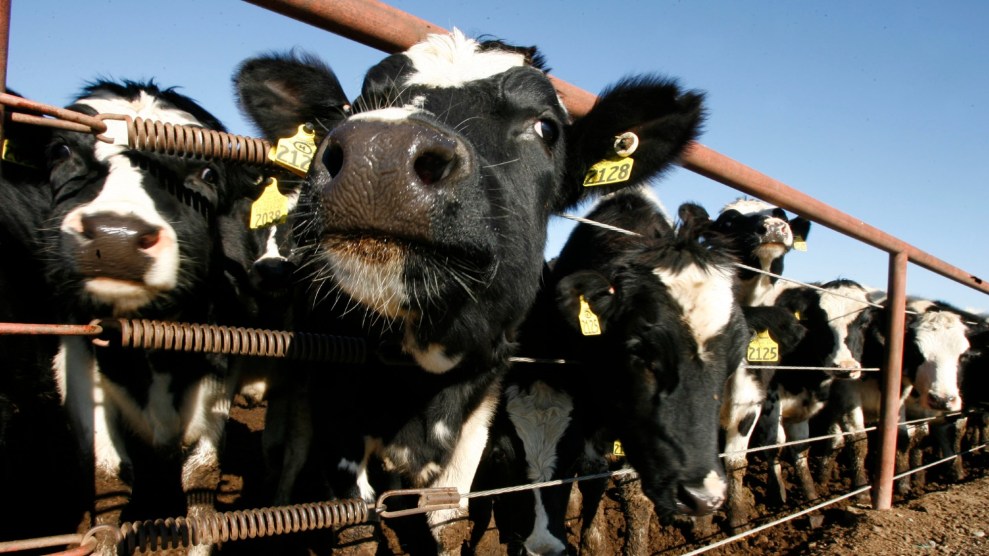
Rep. David Scott( D-Ga.) will chair the House Ag Committee in the next Congress. Bill O'Leary/Associated Press
The 2020 election sent shockwaves through US food and farm policy circles. The defeat of Rep. Collin Peterson (D-Minn.), the top Democrat on the House Agriculture Committee since 2007, left a hole at the top on an institution that plays a key role in writing the farm bill. This omnibus legislation, renewed every five years, shapes planting decisions over huge swaths of farmland as well as the anti-hunger programs buckling under the pandemic-driven economic recession. Peterson ruled the committee as a conservative, agribusiness-aligned Democrat who denied that climate change was a serious issue for ag policy even as it bedeviled farmers from coast to coast.
As President-elect Joe Biden ruminates over who will lead the US Department of Agriculture, which executes the policies laid out by the farm bill, Democratic leadership of the US House has settled on its next ag committee chair: Rep. David Scott (D-Ga.), who represents a semi-rural district in the outskirts of Atlanta. Scott will be the first Black person to lead the powerful committee. Here’s what I wrote about him in the wake of the election last month:
In negotiations over the 2018 farm bill, he successfully pushed a provision to fund $80 million in scholarships at 19 agriculture-focused historically Black colleges and universities.
In a Nov. 5 letter to colleagues, Scott expressed his desire to take the post: “With each wildfire, hurricane, or flood more devastating than the last, it is incumbent upon us to ensure food security for future generations,” he wrote. “The threat of climate change is a present and growing danger, and we must promote sustainable agriculture solutions that are economically viable, ecologically just, and support the social fabric of our rural communities.”
If he succeeds in his bid and follows through on that statement, Scott would not only be the first Black House ag committee chair—he’d also be the first one to take climate change seriously.

















